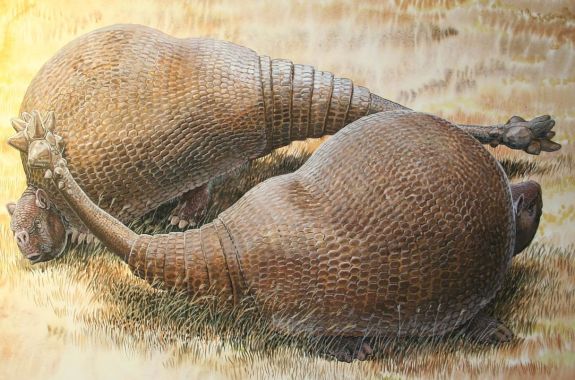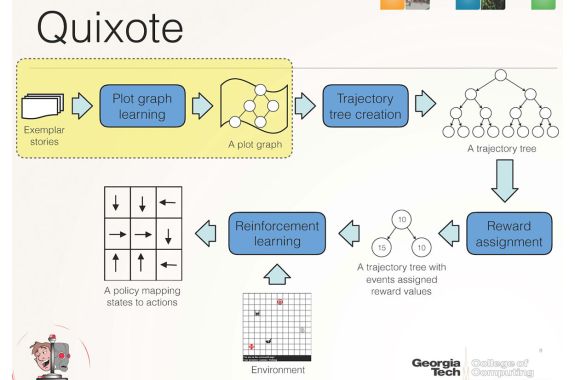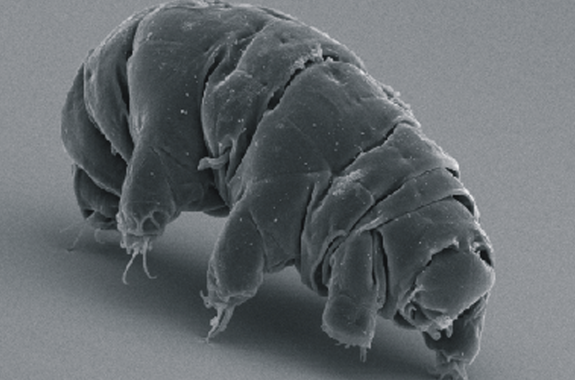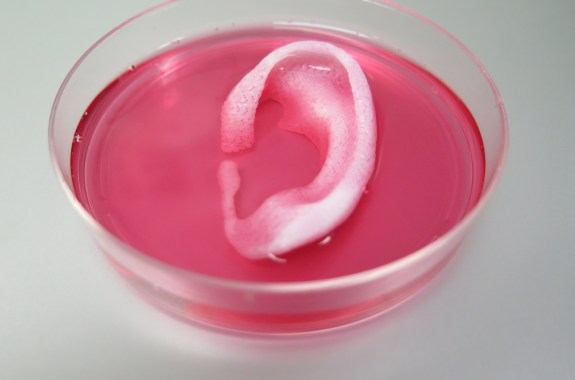Radio
Listen to Science Friday live on Fridays from 2-4 p.m. ET
April 18, 2025
Are traffic engineering decisions based on evidence-based research? Not as much as you might think. Plus, researchers captured the first confirmed video of a colossal squid swimming in its natural habitat. And, with brain-implanted devices, people with paralysis have been able to command computers to “move” virtual objects and speak for them.
11:53
HIV Prevention, Ancient Armadillos, and Direct-to-Consumer Drug Ads
An HIV prevention tool specifically developed for women. And the potential side effects of direct-to-consumer drug ads.
27:22
A Brief, Poetic Tour of Modern Physics
Theoretical physicist Carlo Rovelli explains the fundamentals of modern physics in just 80 pages, in his Seven Brief Lessons On Physics.
12:03
Storytelling Teaches Robots Right and Wrong
How do you teach robots to behave ethically? One way is to feed robots human stories, and train them to model their behavior after the tales’ protagonists.
6:48
How Can Virtual Reality Plug In to Social Media?
More immersive media could help us forge deeper digital and real-world connections.
34:06
Forecasting The Future Of Pandemics—In 1994
In 1994, Laurie Garrett and Stephen Ostroff came on Science Friday to contemplate some troubling trends in public health. Twenty-two years later, they’re back for a check-up.
11:45
Forecasting Financial Crises, Thawing Water Bears, and the Pros of a Big Deductible
Economists look to ecology for inspiration. Plus, the good and bad of a high deductible on your health care plan.
25:16
Can Silicon Valley Bridge Its Diversity Gap?
More tech companies are pledging to increase diversity in their workforce, but their employee numbers remain the same.
8:42
3-D Printing Living Cells
Scientists used living cells to 3-D-print ear, bone, and muscle structures.
11:45
When Hospitals Get Hacked
A Hollywood hospital’s computer systems were invaded by malware, encrypted, and taken for ransom. The price? Forty bitcoins, or $17,000 dollars.
7:28
Malnutrition, and a Battle of the Microbiota
Is malnutrition due to more than just a lack of access to quality food? A “battle of the microbiota” taking place in the gut may play a significant role in health.




